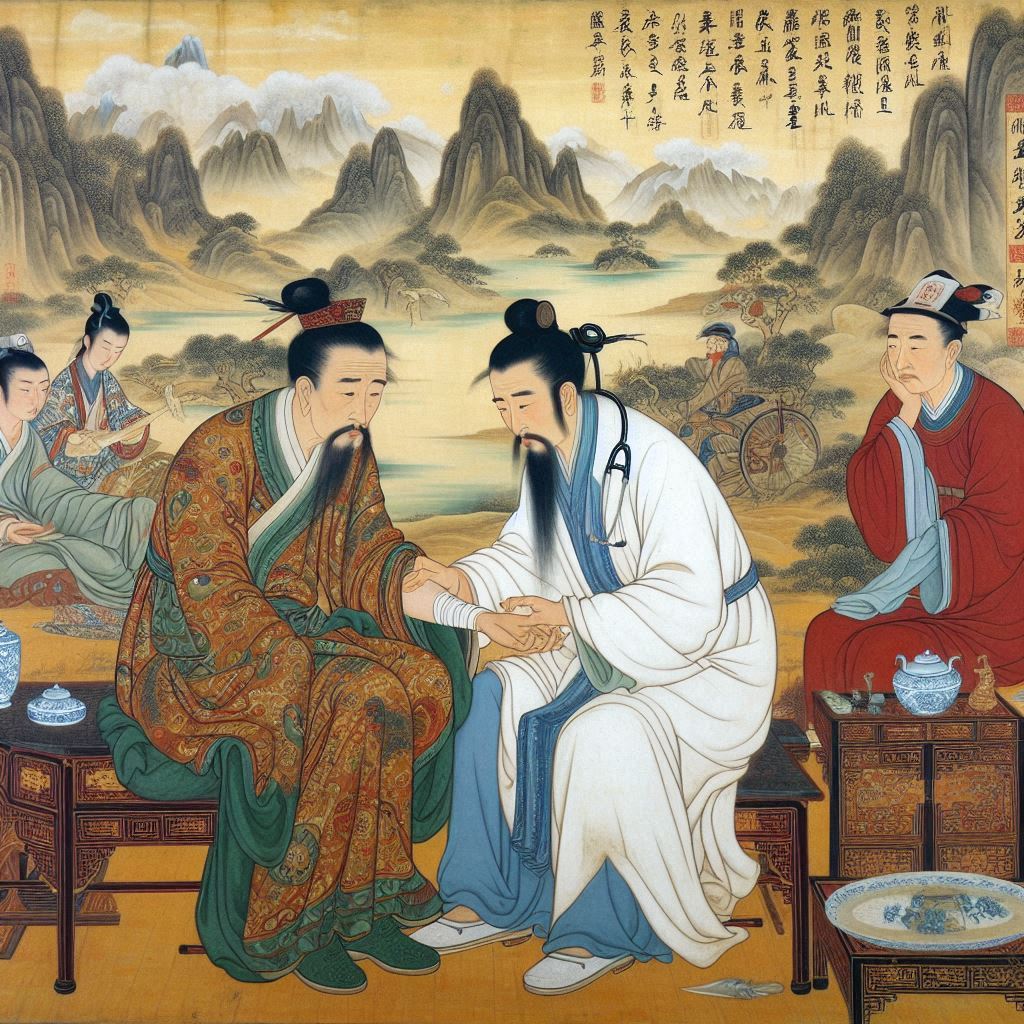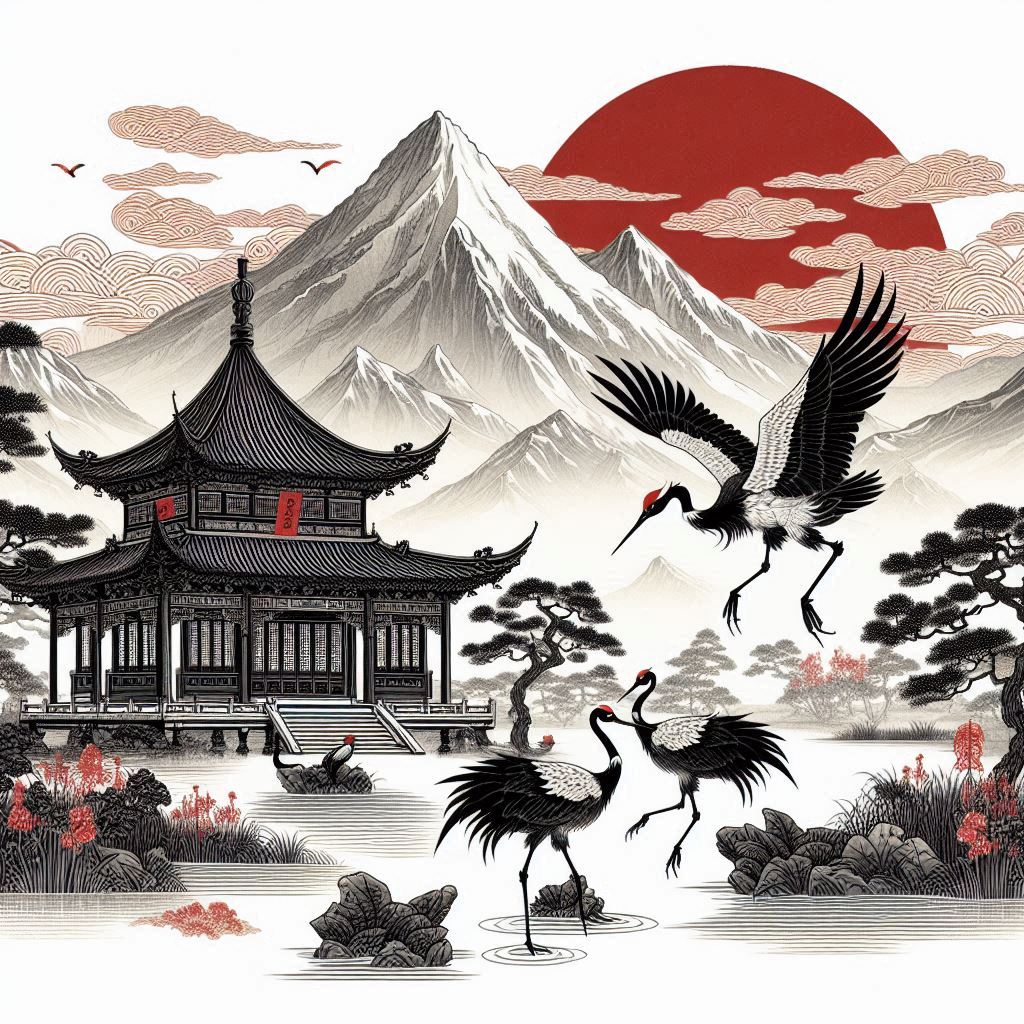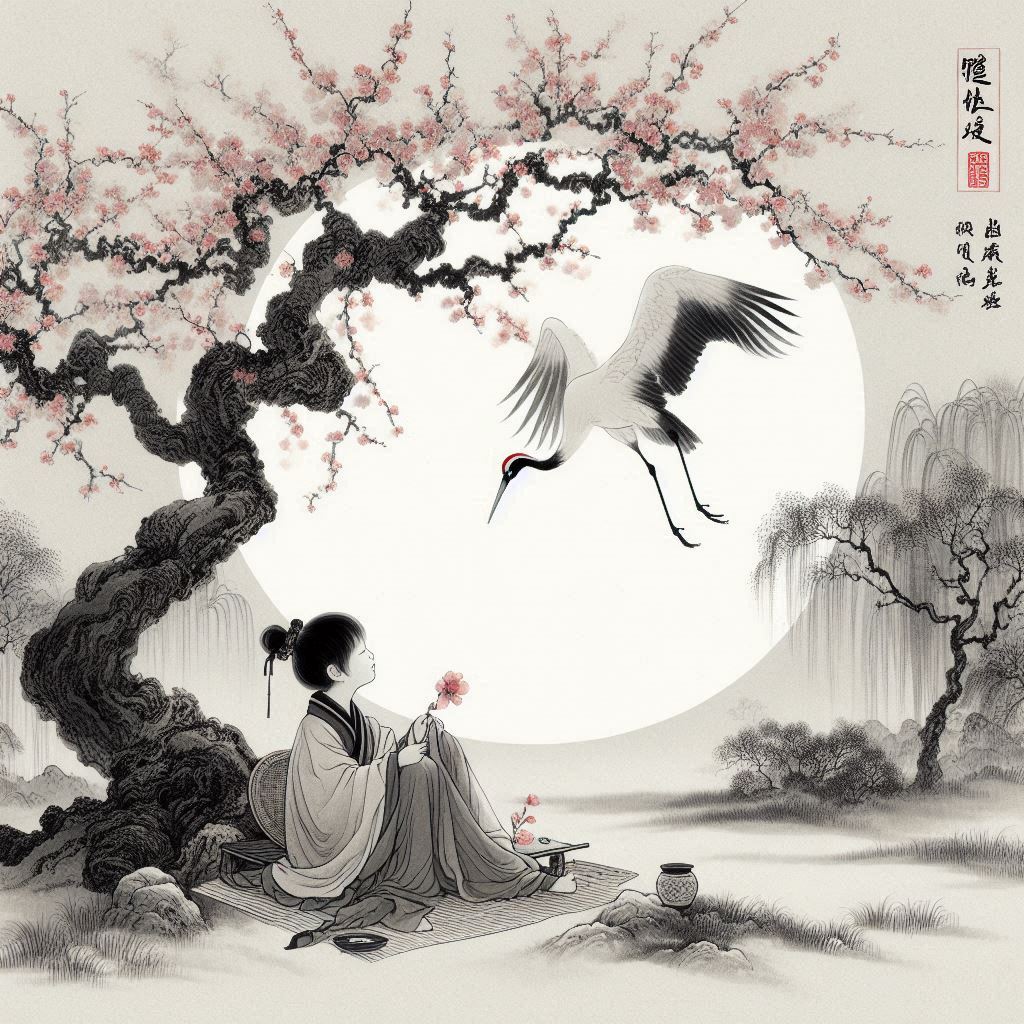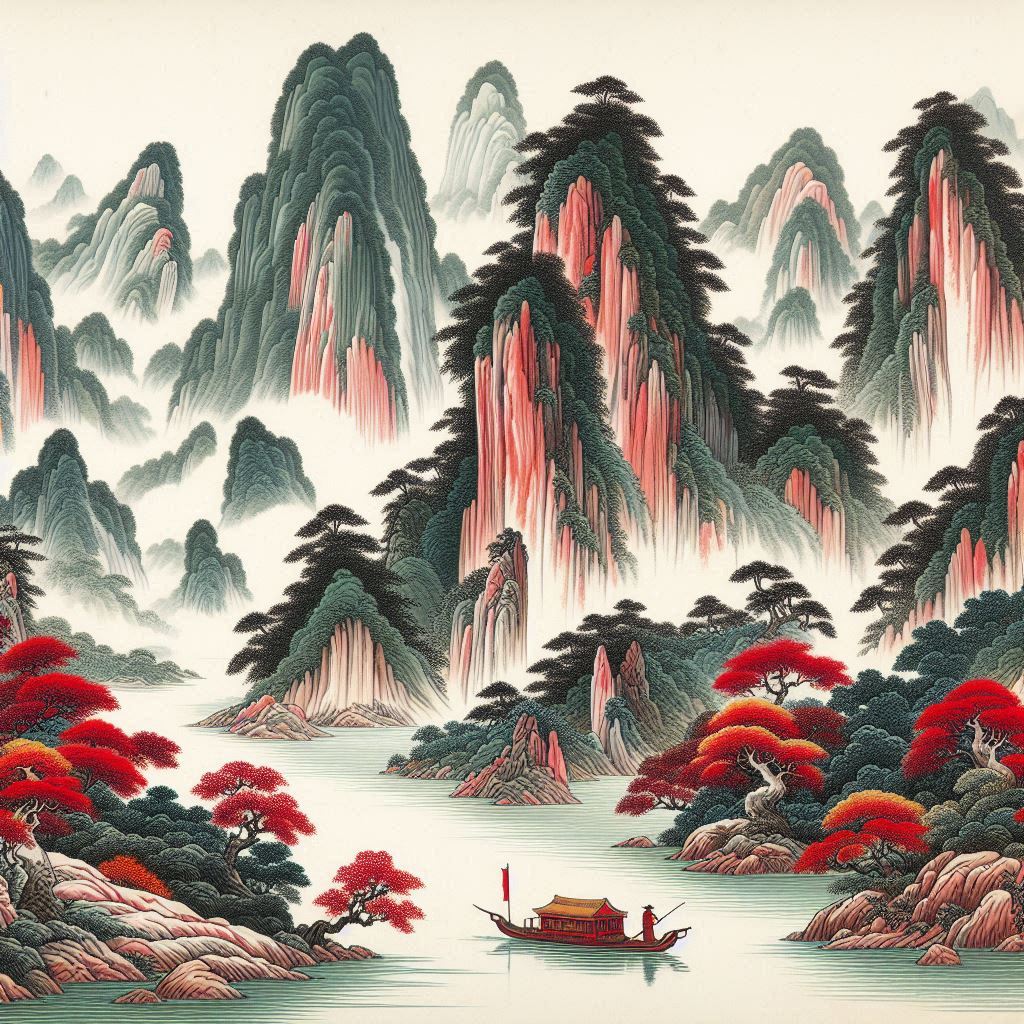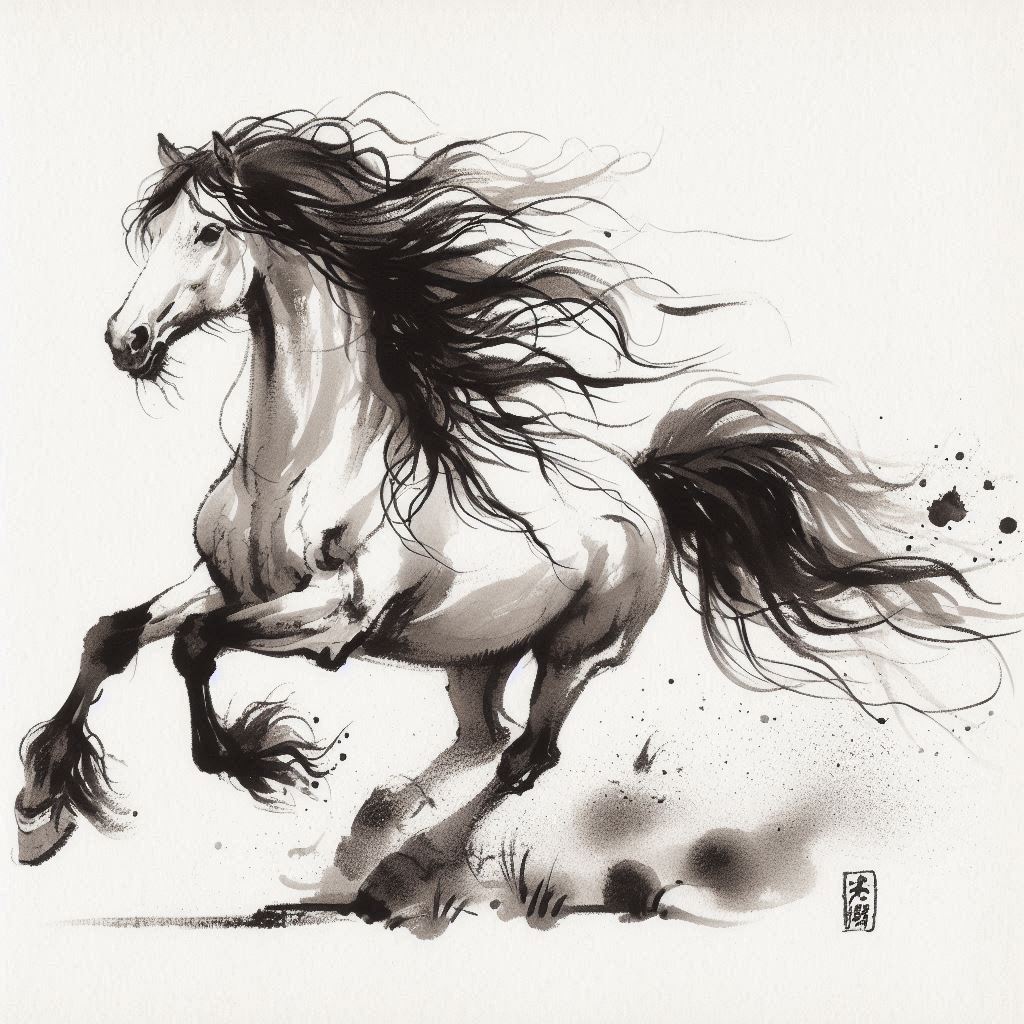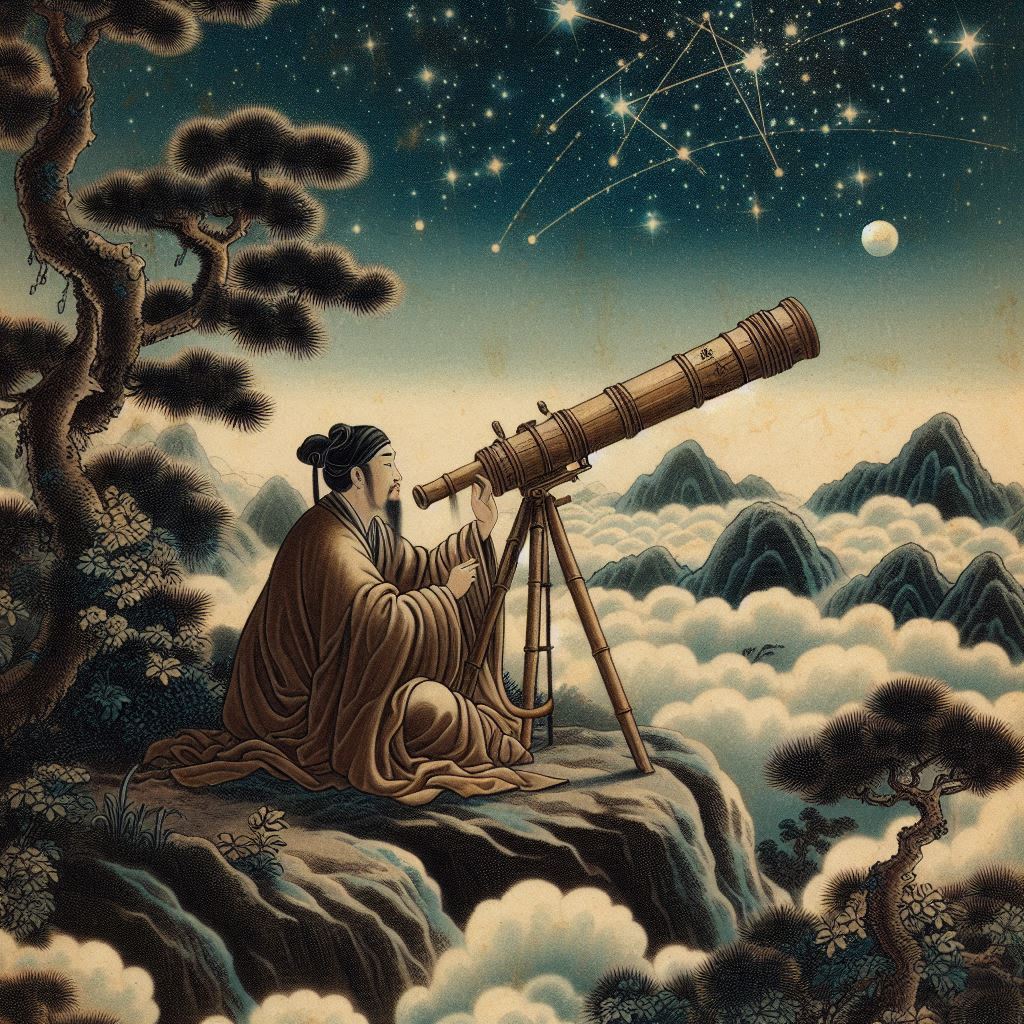Cause
- stress
- overwork
- toxins
- fear
- fright
- insecurity
- excessive loss of semen in men
- bearing more children than their constitution can support in women
In traditional Chinese medicine the Kidneys are often referred to as the “root(1)(2) organs” which are the basis of vigor, nourishment, potency and strength. Just like the growth, development, and life span of a plant depend on the strength and vitality of its roots, in humans the growth, development, and life span depend on the strength and vitality of the “root organs Kidneys”. Thus the Kidneys in humans contain the "Essence of Life"(3).
The Kidney Essence determines the growth, development, maturation, and reproduction and is responsible for the vitality and longevity in every person(1)(2)(3). There are two types of Essence - prenatal and postnatal. The prenatal Essence is acquired from our parents (some compare it to DNA). The postnatal Essence is gathered during life through the energy of the food we consume(1)(2)(3) and our overall lifestyle. Both essences compose our state of health and how long we will live.
The biggest causes for Kidney Essence depletion are stress, overwork(1) and toxins. The Essence resides in the Kidneys and the emotion that disrupts the Kidneys is fear so fear, fright, and insecurity deeply exhaust Kidney Essence(4). Another cause for Kidney Essence deficiency is excessive loss of semen in men(1)(2), and in women - bearing more children than their constitution can support.
If you want to learn more about the Kidneys and their functions from the perspective of traditional Chinese medicine you can read the material "The Kidneys in Traditional Chinese Medicine" in the Physiology chapter.
Symptoms
- poor physical and mental development
- delayed maturation
- weak sexual activity
- premature senility
- poor bone development
- late fontanel closure in children
- softening of the bones and knees in adults
- back pain
- loose teeth
- mental dullness and retardation in children
- poor memory in adults
- hair loss
- premature graying of the hair
As the Kidney Essence determines the growth, development, maturation and reproduction in people a deficient Kidney Essence will manifest in poor physical and mental development(1)(3), delayed maturation(3), weak sexual activity(2), infertility(1) and premature senility(3).
The Kidney Essence generates bone marrow thus a deficient Kidney Essence will fail to nourish the bones, which will cause poor bone development(2) and late closure of the fontanel in children(1)(2), as well as softening of the bones in adults(2). Back soreness will be also present. In traditional Chinese medicine teeth are viewed as “bone extensions” therefore loose teeth may also be a symptom(2).
The Kidneys govern the brain. Deficient Kidney Essence may therefore be responsible for mental dullness and retardation in children(1)(2) and poor memory(2), and intelligence declining(1) in adults.
As the Kidneys open in the ears Kidney Essence deficiency may cause hear loss and/or ringing in the ears(1).
The Kidneys manifest in the hair thus poor Kidney Essence will cause hair loss(1)(2) and premature graying of the hair(2).
Treatment Approaches
As mentioned above Kidney Essence consists of prenatal essence, acquired from our parents, and postnatal essence, acquired from the food we eat and our overall lifestyle. Thus it is important to understand that even if our parents’ essence might be poor and deficient we still have the chance to magnify our postnatal essence through our eating habbits, our lifestyle and our healthy choices, and greatly enhance the quality of our life.
To unlock the rest of this article select "Yes, I want to learn!" below.
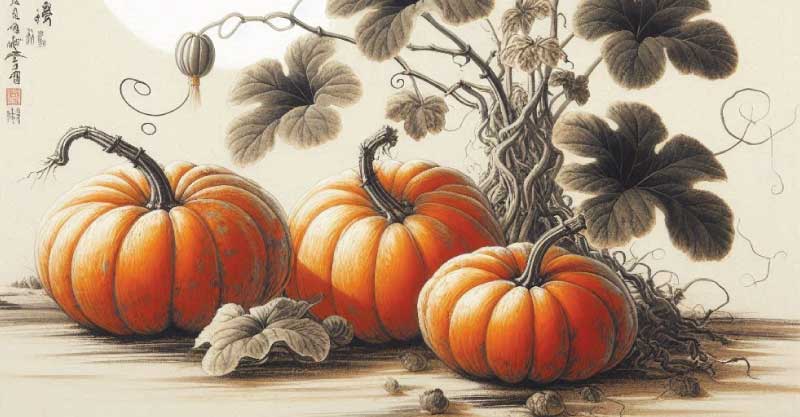
Food therapy is the most economical and non-toxic biochemical approach to health and disease. Food is something we continuously use to sustain our lives. Learning what foods are healing (and what disruptive) for each condition has the potential to convert every meal into a form of therapy.
YS
(1) Yang Weiyi, Meng Fanyi, Jiang Yuanan(2002). Diagnostics of Traditional Chinese Medicine. Beijing: Beijing University of Chinese Medicine and Pharmacology
(2) Maciocia, Giovanni (1989). The Foundations of Chinese Medicine. Edinburgh: Harcourt Publishers Limited
(3) Zhang, Enqin (1990). Basic Theory of Traditional Chinese Medicine. Shanghai: Publishing House of Shanghai College of Traditional Chinese Medicine
(4) Pitchford, Paul (2002). Healing with Whole Foods. Berkeley: North Atlantic Books
Related Articles:
The Kidney, season winter, and foods that benefit the Kidney during winter
Herbs that tonify Yang and benefit Kidney Yang deficiency
Herbs that tonify Yin and benefit Kidney Yin deficiency
Herbs that tonify Qi and benefit Kidney Qi deficiency
Please read our Disclaimer

